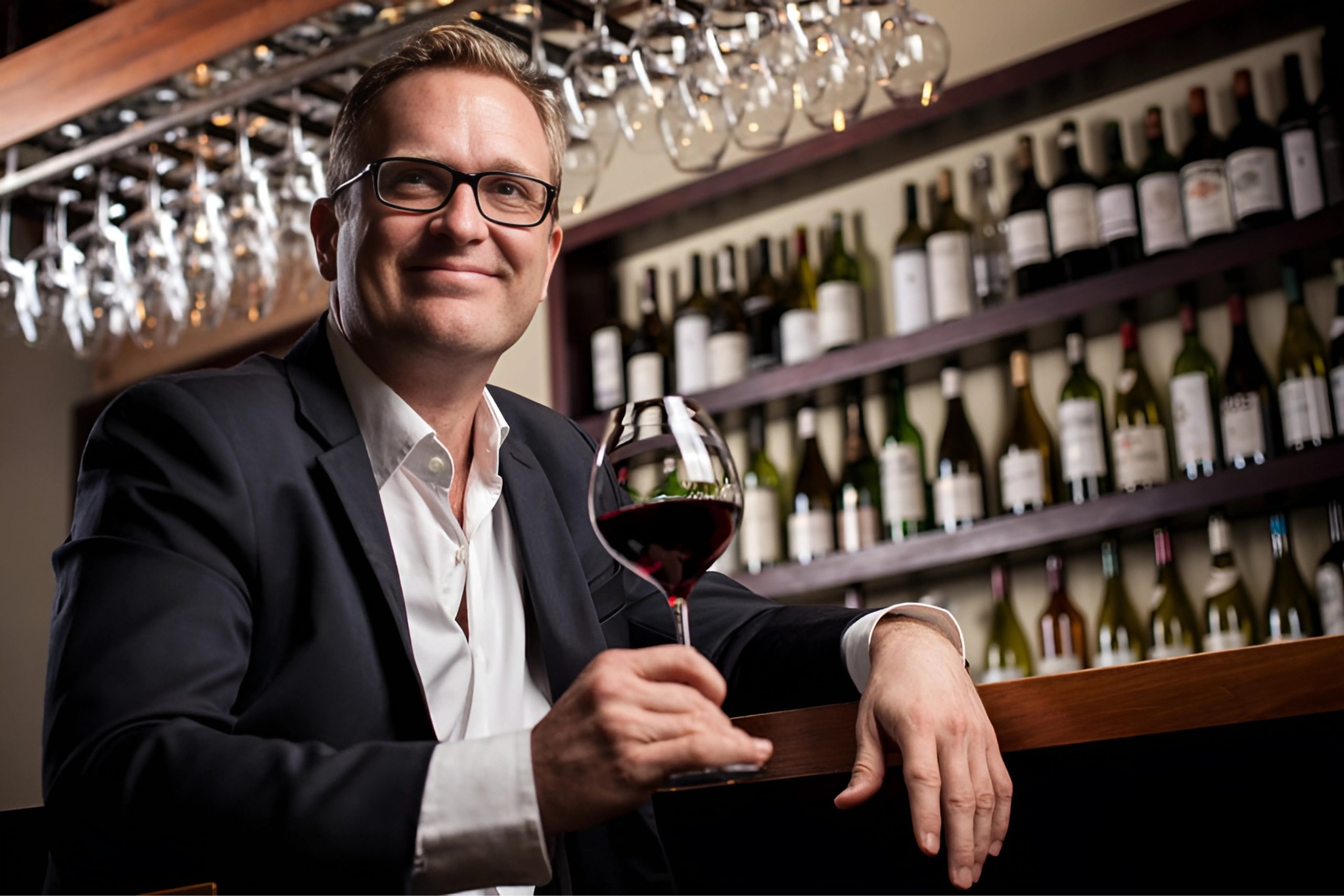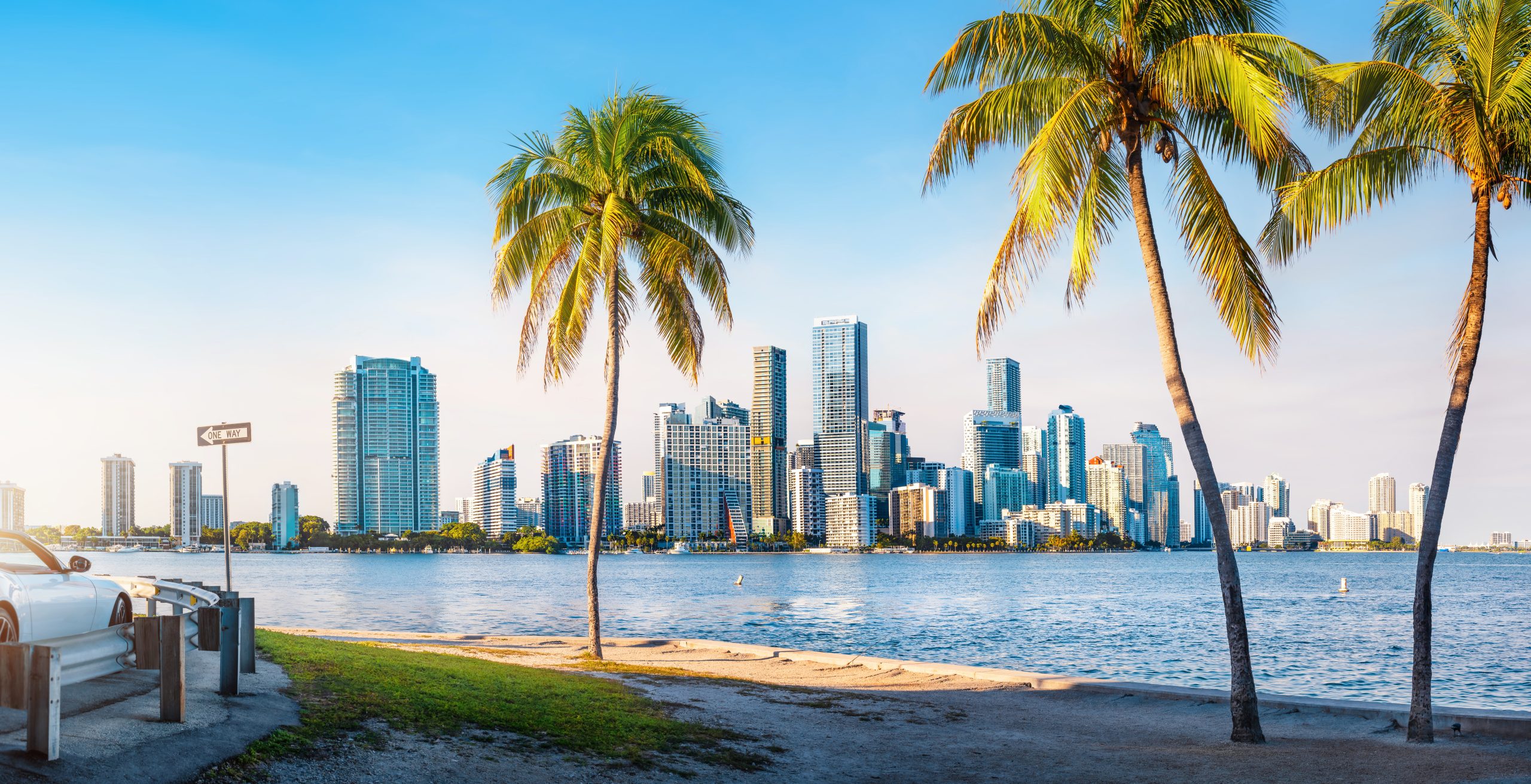Smart defends stance on organics
Australian viticulturalist Dr Richard Smart has spoken out in defence of his controversial stance on organics.
His views caused a flurry of negative comments on the drinks business website in June, when he dubbed organics “a nonsense.”
The leading global consultant on viticultural methods writes in the September issue of db: “I am as dedicated to preserving the environment and passing it on to the next generation as any of your readers.
“However, I remain to be convinced that organic and biodynamic methods of viticulture are better for the environment.”
Smart continued: “I can understand the angst this caused some readers. I mentioned in passing the use of chemical fertilisers on land for food production, and drew a parallel with permitted chemicals used in wine and food production.
“Interestingly, the recent poisonings in Europe due to mutated strains of E. coli were traced to an organic farm. E. coli is encouraged to mutate in animal guts, and so animal manure can be a source of these dangerous microbes.”
Partner Content
Though unconvinced of the merits of organics, Smart does support one element of the practice: “There is one point where I fully endorse organic viticulture, and that is for its regard for soil carbon content.
“Long term studies have shown that the major impact of vineyards on the environment is mining of soil carbon and increased soil compaction.”
Smart is due to take part in a debate hosted by WSET on whether the UK trade should promote organic and biodynamic wines with leading biodynamic winemaker Monty Waldin on 1 December at the WSET headquarters in London’s Bermondsey Street.
Tickets for the debate, which starts at 7pm, cost £35 and can be booked via www.wsetglobal.com
Dr Smart’s column is published in full in the September issue of the drinks business.





An interesting observation by Monty Waldin in his organic and biodynamic wines section of the last edition of Wine Report (Tom Stevenson, 2009):
“You might think that burning weeds off with flamethrowers would be banned under the bio rulebook, but you’d be wrong. Although rarely practiced the flamethrower option shows how being organic and being ‘green’ (environmentally friendly) are two different things.
In terms of emissions there is an even bigger culprit: ploughing weeds by tractor. It takes three times longer than spot spraying with weedkiller, burns more diesel, and causes more green house gas emissions, yet it’s the commonest way to control weeds organically. Over time ploughing can be just as erosive as weedkilling.”
I applaud Dr. Smart on his skepticism.
I think he is getting flack due to the ways this debate has encamped itself over the years.
Much of the debate these days rests on the term “organic”, and anything labeled as such is automatically viewed by the public as beneficial. However, we need to be objective in our assessment of any farming system and look at total inputs (and their relative environmental downsides) versus the results they garner. If we choose a weaker pesticide which is viewed as enviro-friendly, yet we have to apply it more frequently to have the same effect as a more potent pesticide which only requires one application, one needs to view the inputs and the associated resources to apply the extra doses vs the resources to a single application along with effectiveness.
If we start to talk about agricultural pests, we need to think about which product to use that keeps the pest in check without unnecessarily endangering ourselves or the environment.
There are many examples of naturally occurring “organic” substances, but are highly toxic, like ricin, strychnine, etc. The label itself does not confer beneficence. We need to examine what is actually happening, what is being applied, and the outcomes if they are effective, and stop just jumping behind a camp label and letting that define us or the discussion. The fact that the farming option called “organic” sounds like it shouldn’t be questioned or harms the environment less than other options, still needs to be held up before the light and examined with due care.
“Green practices” should all be put under the microscope as well, for the same reasons.
I’ll stop now before I get started on the Cult of BioDynamics…
Remember that before WWII everyone was organic, by definition.
Life expectaccy was less than 60 years and most people lived and worked on a farm for more than 8 hours a days.
Organic can assuage the guilt; while Biodynamic serves as a form of religious pennance.
Thanks Paul, I agree, Richard
How super depressing. Years of toxic chemicals poured on our lands and into streams, cancer rates go way up, an alternative and proven agricultural movement springs up from a grass-roots level that eschews the use of toxic synthetic chemicals in the use of food production, derided at the beginning, enjoyed no subsidies such as those enjoyed by the big agribusiness and chemical makers, and now years later after this organic movement has proven its merit, still derided! Or at least sniffed at with suspicious contempt, as if to say, “Yes, tut, tut – organics! How are we to be sure the practice is not just as damaging! It would be just as well if we continued as we were, cancer rates be damned!” Smart is not living up to his namesake. He’s like the Bill O’Reilly of the wine world, when it comes to this question.
The essence of this debate is that we peel back the layers of spin and examine organic, biodynamic and ‘conventional’ viticulture dispassionately. As a grapegrower we have a simple choice do we want to lower our carbon foot-print or do we want to attain certified organic or biodynamic status. Unfortunately we can’t be both, we need to be one or the other.
What can’t be debated is that the ‘clean green’ credentials attributed to organics are a myth. Using naturally occurring heavy metals (like Copper) is allowed on the vineyard under the ‘rules’ but their application is determined by the philosophies of the grower, so it gets down to an individual’s decision how green they want to be.
Similarly, the application of synthetic chemicals in conventional viticulture could ensure you have a much reduced carbon footprint, but you could be buggering up the vineyard in a number of ways based on the growers’ understanding of viticulture and their philosophy of simple concepts like preventative rather than curative applications.
Don’t get me started on biodynamics, and the cafeteria approach by viticulturists who think Steiner’s belief system was worthwhile in some areas and he was a raving looney in others – you either believe in it or you don’t – you can’t call yourself a biodynamic practitioner while only picking and choosing like you are in a cafeteria.
In my opinion what is best may lie somewhere in the middle of conventional and organic viticulture, where the grower is driven by what will be best for their grandchildren when they inherit the vineyard and what’s best for their friends and family who will be drinking their wine. You will take a measured, cautious and respectful approach and look to make your carbon footprint as small as possible.
Hello Tom,
it seems that our views are similar, cheers, Richard
First of all, in general cancer rates have been going down for a while if you adjust for an aging population, and remember, cancer in very much related to how old you are, not whether you eat organic foods. I refer you to the any of the large cancer institutes in our country who have been telling us for some time now that you can reduce your chance of cancer by not smoking, staying out of the sun and eating your vegetables ( never a mention of eating organic foods). The best way to avoid cancer is to be 30 yrs old or younger!
Smart’s statement “Interestingly, the recent poisonings in Europe due to mutated strains of E. coli were traced to an organic farm. E. coli is encouraged to mutate in animal guts, and so animal manure can be a source of these dangerous microbes.” is simply not true. this was refuted by government sources.
And as for his sneering at biodyamics – how does he explain all the biodynamic winemakers – like the Carpenters at Lark Hill – who are scientists?
I like biodynamic farmer Patrice Newell’s response to critics: ‘If you don’t beleive in it, come and check out my soil.’
Hello John,
I had my references fronm the Guardian newspaper, can you copy me yours please?
Thanks,
Richard
Hello John,
I should be glad to have your reference as to the E coli poisonings. I do not know about Lark Hill, but I do know many producers who feel market pressure to go organic or biodynamic, rather than because of beliefs about merits.
cheers,
Richard
There is an interesting article printed in “Science, 31 May 2002, Vol 296, pp 1694-1697” entitled “Soil Fertility and Biodiversity in Organic Farming” I quote here only the lead:
“An understanding of agroecosystems is key to determining effective farming systems. Here we report results from a 21-year study of agronomic and ecological performance of biodynamic, bioorganic, and conventional farming systems in Central Europe. We found crop yields to be 20% lower in the organic systems, although input of fertilizer and energy was reduced by 34 to 53% and pesticide input by 97%. Enhanced soil fertility and higher biodiversity found in organic plots may render these systems less dependent on external inputs.”
It is like with climate change you will find any number of people who doubt it and hang in there for whatever reason rather than change to less destructive ways to live.
the e coli from my reading was not from an organic farm, more false and misleading information obviously not checked by the author. Dr Smart is not a hands on grower, he is a acedemic outside observer who seemingly has media hanging on every word…disapointing in many respects
Why does one system have to be better than another? Perhaps there are lessons to be learned on each side of the debate. My husband and I run a vineyard of 9 hectares in champagne, and the one thing you can be sure of when you work hands on in a vineyard is that there are always choices that need to be made, and each decision, reached after much debate, is more often than not a compromise. I agree with Tom when he says that the best way may be somewhere in the middle ; we must all try to live our lives – both professional AND personnal – with integrety and as much respect for the environment as possible.
Hello jennifer,
I quite agree with you, I think that the most environmentally friendly system may well be a combination…And, for me, that is the aim..
Regards, Richard
This thread is a far more considered debate than that which followed initial reporting here on Dr. Smart’s position – which, it may be helpful to remind ourselves, is critical but not against – which often came across as simply reactionary.
It is a good thing to exchange views in such a reasoned way.